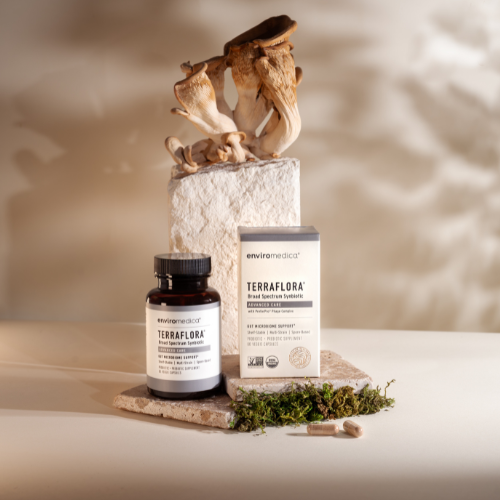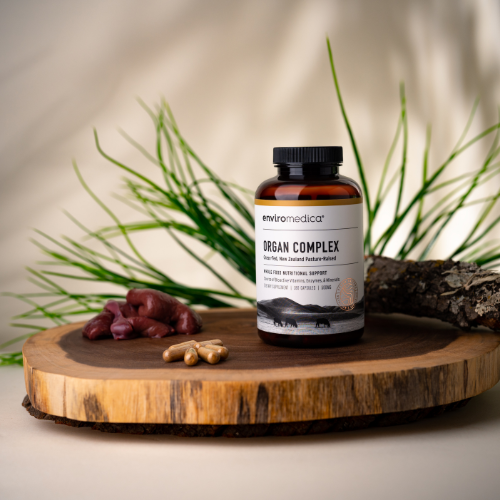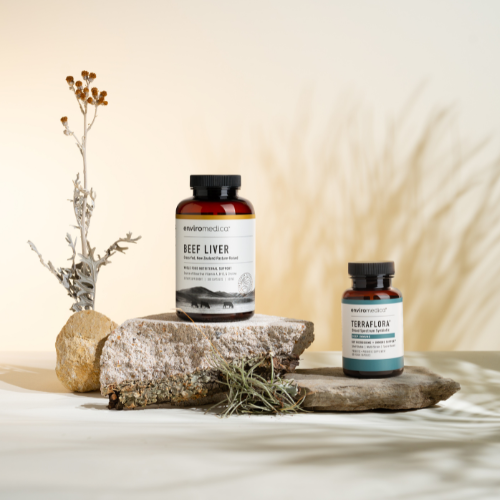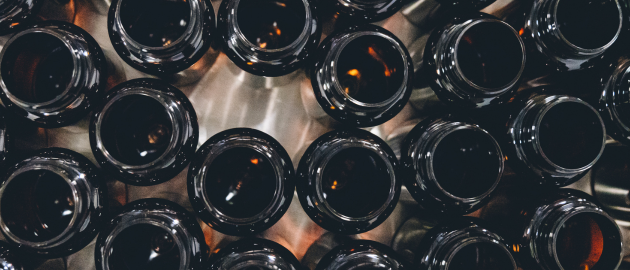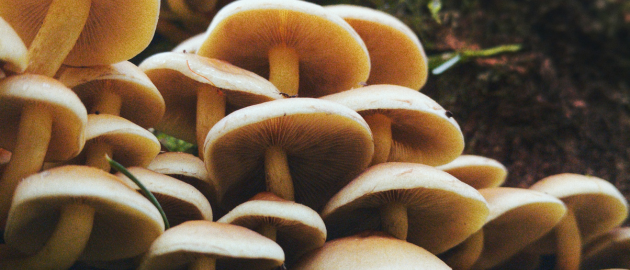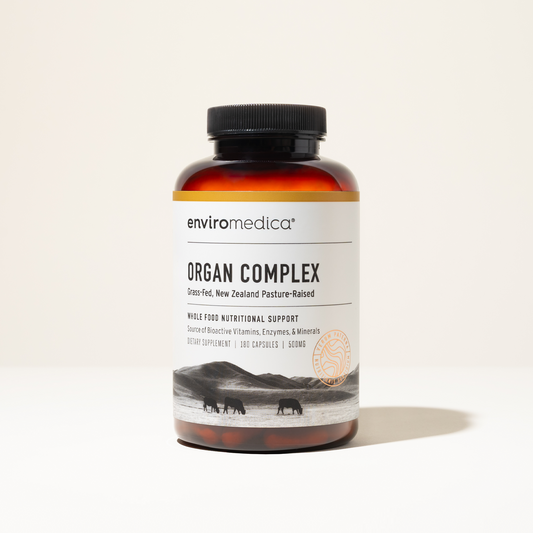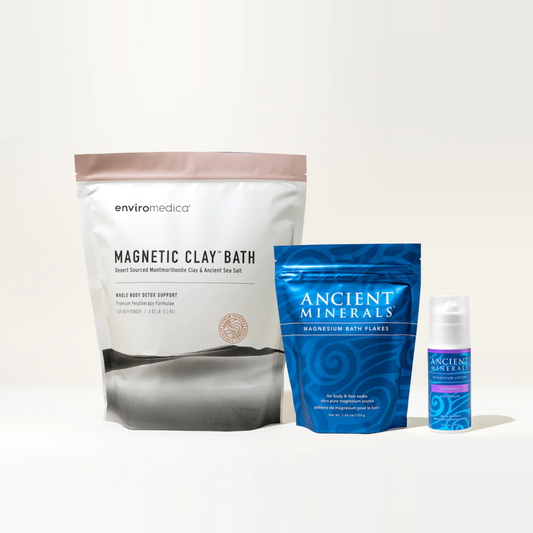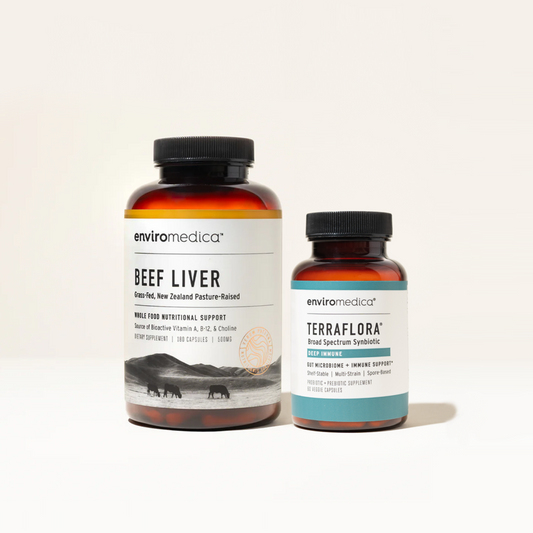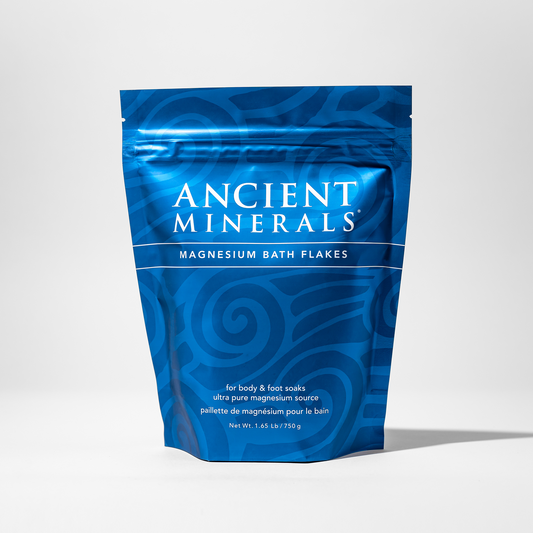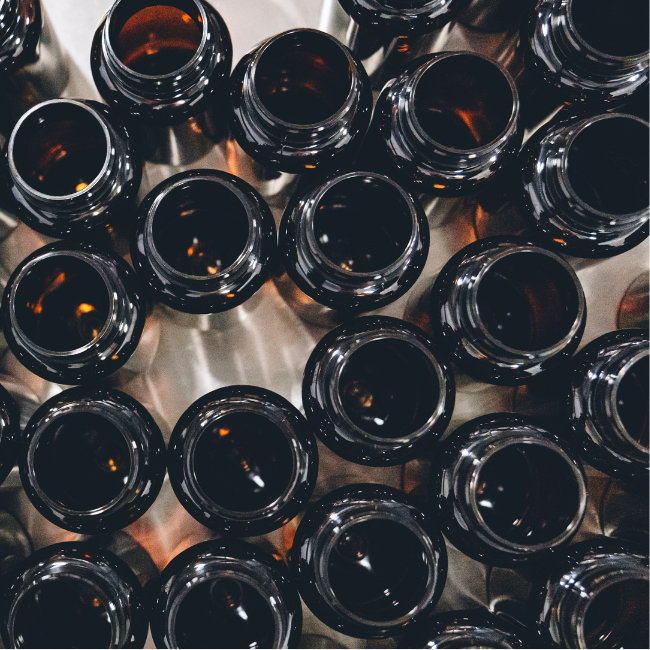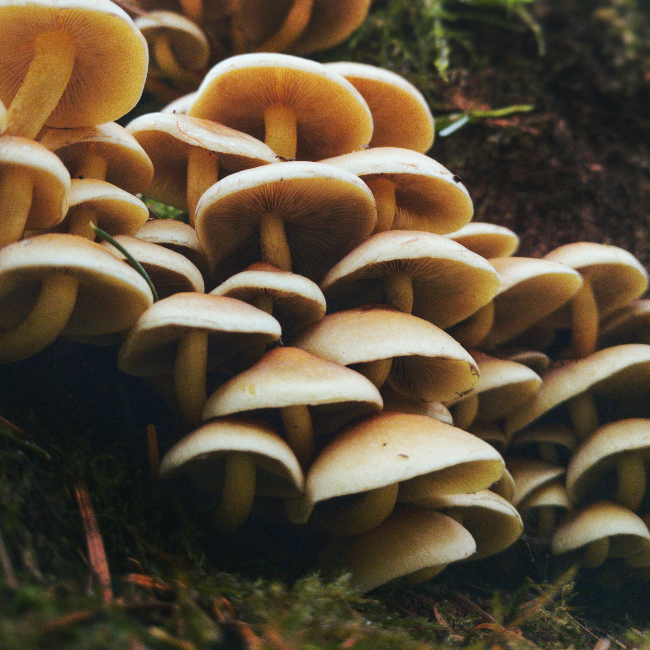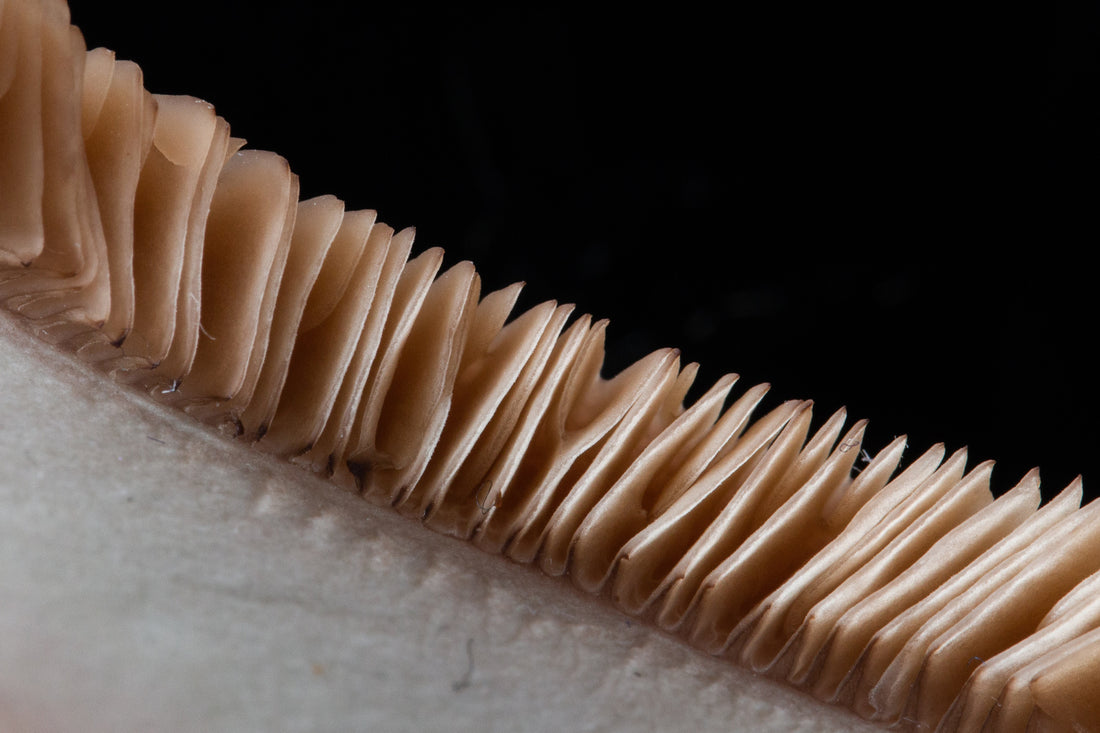What is the human microbiome?
In many ways the best way to define the microbiome is to begin with the simple question, “What are we?” If you’d answer “human” to this question, you’re partially correct… But in fact, only 10% of the cells in our body are human!
Research has determined that we share our life with around 100 trillion organisms which comprise something called our microbiome. For every one of our cells, there are 10 microbial cells living on or inside our body, helping us to perform life-sustaining functions that we couldn’t perform without their help.
Our dependence on the microbiome within us has led many experts to observe that we are truly more of a super-organism than simply human.
What exactly is a microbiome?
The word microbiome is defined as the collection of microbes or microorganisms that inhabit an environment, creating a sort of “mini-ecosystem”. Our human microbiome is made up of communities of symbiotic, commensal and pathogenic bacteria (along with fungi and viruses) all of which call our bodies home.
These communities exist in unique, complementary blends, and inhabit everything from our skin and genitals, to our mouths and eyes, and of course our intestines. The clusters of bacteria from different regions of the body are variously known as microbiota, including, for example, your skin microbiota, oral microbiota, vaginal mirobiota and gut microbiota, also known as “gut flora”.
Some of these bacteria – the commensal – are simply along for a free ride, while others – the symbiotic bacteria – offer a mutually beneficial relationship. Always lurking, although in much smaller numbers, are pathogens – disease-causing opportunistic microbes. Pathogens, however, do not always cause disease, and some in fact have beneficial effects.
What scientists have recently come to understand is that the makeup and overall health of your microbiome as a whole determines whether pathogens in the gut coexist peacefully, or cause disease.
Together, these bacteria make up an essential piece of our biological puzzle – one meticulously constructed through millions of years of natural selection and one that, until recently, remained largely misunderstood.
It is only now, through the groundbreaking works of those such as David A. Relman and The Human Microbiome Project, that we are finally aware of just how expansive our microbiota really is, and that we have still only barely scratched the surface. Less than ten years ago, the species of bacteria that scientists had discovered as indigenous cohabitants of the human body numbered only 200. Now researchers estimate that more than 10,000 different microbial species occupy our microbiome.
How does it benefit us?
The communities in our microbiome carry out a variety of functions which are vital to not only our health and well-being but our very survival.
Starting with our immune system, our microbiome establishes the parameters in which our bodies judge whether or not something is friend or foe. It maintains harmony, balance, and order amongst its own communities, ensuring that opportunistic pathogens are kept to a minimum, while also keeping the host system from attacking itself.
It is our first, second and third line of defense – starting with our skin, then our mucus membranes, and finally our gut, providing a living barrier that is able to be modified and transformed to suit individual needs and unique environments.
Our gut microbiota is fundamental to the breakdown and absorption of nutrients. Without it, the majority of our food intake would not only be indigestible, but we would not be capable of extracting the critical nutritional compounds needed to function. Our symbiotic cohorts not only provide this service, but also secrete beneficial chemicals as a natural part of their metabolic cycle.
Where does our microbiome come from?
We are a product of our environment.
As infants we (and our guts) come into this world with a blank slate of sorts, awaiting our first contact with the microscopic organisms which surround us. Our first exposure via the birth canal, followed by a gut-nurturing concoction of mother’s milk, is nature’s way of establishing the foundation on which we will build our microbiome. Familial, dietary, and environmental exposure throughout our developing years cultivates an ecosystem which will play a starring role in the determination of our health for a lifetime.
In fact, every time you kiss someone, every time you pet an animal, each time you eat a meal or apply a cosmetic, you are affecting the composition of your microbiome.
Why is the microbiome important?
Antibiotics and an obsession to sterilize our environments have resulted in a significant rise in gut-related illnesses and pressure on the medical community to finally explore this long-ignored aspect of human biology.
Research has uncovered an intricate web connecting our gut flora to virtually every process in our body. As such, imbalances in our microbial communities have been implicated in countless health issues, including immune health, psychological well-being, and some of the deepest chronic health issues of our times.
In fact, research surrounding one such connection, coined the gut-brain axis, has the potential to revolutionize the way psychologists worldwide support mental and emotional well being.
Techniques and methods on how to manipulate one’s microbiome have begun to flood medical literature. Trading gut bacteria has become the latest focus for therapeutic treatments, being successfully utilized as a means to treat antibiotic resistant infections such as C. difficile, and going so far as to be considered as a potential means of treating obesity.
Studies on the human microbiome have been hailed as the new frontier of medicine as researchers such as Martin Blaser, professor of microbiology at the New York University School of Medicine and founder of the Foundation for Bacteriology, advocate good bacteria as “the new antibiotics”.
As our understanding of our microbiome’s impact on our health as both individuals and as a species grows, so does the realization that current bacteria-phobic trends must come to an end.
It’s time we cultivated a friendship with our microbiome.
